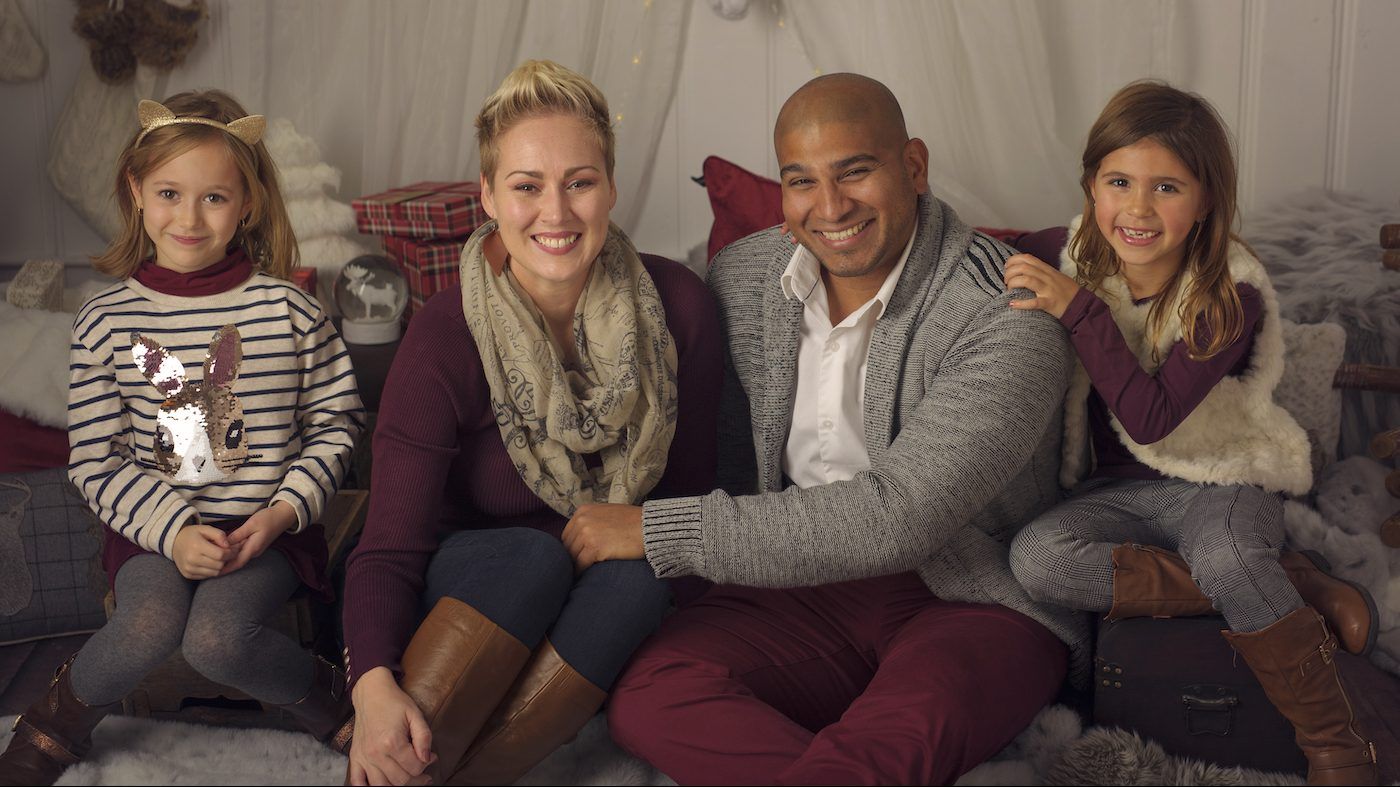'high-risk patients will relapse': actor nicki aycox's death from acute myeloid leukemia another example of much-needed treatments
it's one of the most fatal types of blood cancer, but dr. yan lui has identified how aml cells grow and survive and is in the midst of developing a therapy for clinical trials.
acute promyelocytic leukemia: 'i was just so desperate to hold on to life'
when michelle burleigh was diagnosed with acute promyelocytic leukemia, she was told that had she waited a day longer, she would have likely died from a brain bleed. today, she urges others to follow their gut, ask questions and don't let your concerns be dismissed.
leukemia: types, symptoms and treatment
leukemia is a broad term for multiple different forms of blood cancer. it primarily affects the stem cells that grow into blood cells.
 10 minute read
10 minute read




















